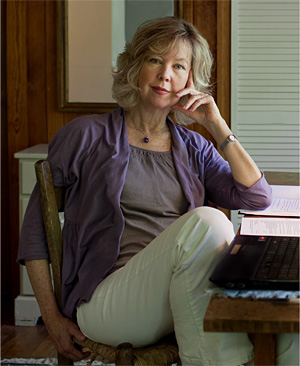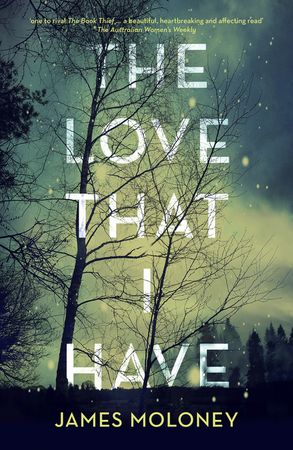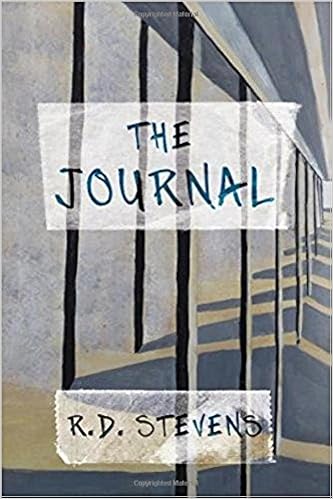 Kenneth Salzmann may be a musical guy enthralled with jazz, but in this instance music is really a metaphor for poetry. He is a poet. I’m a fan of poetry like his. It’s as simple as that—and as messy. You see, his poetry really does creep into the bones, the marrow, the blood.
Kenneth Salzmann may be a musical guy enthralled with jazz, but in this instance music is really a metaphor for poetry. He is a poet. I’m a fan of poetry like his. It’s as simple as that—and as messy. You see, his poetry really does creep into the bones, the marrow, the blood.
An interview with Elaine Neil Orr
 Elaine Neil Orr grew up in Nigeria and returned home on occasion to North Carolina, where she has now lived for quite a while. All her life, she stretched between two worlds, and as she grew, she grappled with expressions of racism here, which did not exist in Nigeria. In her latest novel, Swimming Between Worlds, she writes in part about the experience of negotiating an identity between these two continents, acts of conscience, and history of place. Berkley/Penguin released Swimming Between Worlds in April to excellent reviews. This detailed interview covers all of Orr’s works, not simply this novel but also her first novel and her memoir, and her process in writing each.
Elaine Neil Orr grew up in Nigeria and returned home on occasion to North Carolina, where she has now lived for quite a while. All her life, she stretched between two worlds, and as she grew, she grappled with expressions of racism here, which did not exist in Nigeria. In her latest novel, Swimming Between Worlds, she writes in part about the experience of negotiating an identity between these two continents, acts of conscience, and history of place. Berkley/Penguin released Swimming Between Worlds in April to excellent reviews. This detailed interview covers all of Orr’s works, not simply this novel but also her first novel and her memoir, and her process in writing each.
A review of The Frozen Dream by Edward James
 Some parts off the story follow history closely. The author, Edward James, knows this period well. HIs descriptions of the boats, their crews, and the historical settings are fascinating. The book also describes the real life and death of Richard Chancellor, a historical figure who stumbled into Ivan the Terrible’s court and became the first English diplomat to Russia. The other character, Arthur, is fictional, but his side of the story gives life to the nomadic tribes, the Sami people, who are too often left out of history but whose lives and customs remain unchanged since the dawn of time, even until today.
Some parts off the story follow history closely. The author, Edward James, knows this period well. HIs descriptions of the boats, their crews, and the historical settings are fascinating. The book also describes the real life and death of Richard Chancellor, a historical figure who stumbled into Ivan the Terrible’s court and became the first English diplomat to Russia. The other character, Arthur, is fictional, but his side of the story gives life to the nomadic tribes, the Sami people, who are too often left out of history but whose lives and customs remain unchanged since the dawn of time, even until today.
An interview with Twin Peaks’ Kimmy Robertson
 Actress Kimmy Robertson had originally intended pursuing a career as a ballerina, before fate intervened in the form of her being headhunted by a talent agent. Launching with several small, but nevertheless memorable roles in films such as The Last American Virgin and Honey, I Shrunk The Kids, Robertson was then called to an audition for the pilot of a new television series, Twin Peaks. Set to tour with several of her Twin Peaks collaborators in the looming Twin Peaks: Conversation With The Stars, Robertson catches up with Samuel Elliott to discuss her storied career.
Actress Kimmy Robertson had originally intended pursuing a career as a ballerina, before fate intervened in the form of her being headhunted by a talent agent. Launching with several small, but nevertheless memorable roles in films such as The Last American Virgin and Honey, I Shrunk The Kids, Robertson was then called to an audition for the pilot of a new television series, Twin Peaks. Set to tour with several of her Twin Peaks collaborators in the looming Twin Peaks: Conversation With The Stars, Robertson catches up with Samuel Elliott to discuss her storied career.
A review of Soap By Charlotte Guest
 These are poems that pivot on a moment: a chance meeting, a sudden change in situation, or a close observation that takes something commonplace such as an afternoon on the back verandah watching fireworks, driving a vehicle, or reading the news and moves in so close it becomes abstract: a synecdoche for something else. In a way that’s Proustian, the imagery gives rise to a memory, or a perception which is emotive and powerful, revealing something subtle about the world.
These are poems that pivot on a moment: a chance meeting, a sudden change in situation, or a close observation that takes something commonplace such as an afternoon on the back verandah watching fireworks, driving a vehicle, or reading the news and moves in so close it becomes abstract: a synecdoche for something else. In a way that’s Proustian, the imagery gives rise to a memory, or a perception which is emotive and powerful, revealing something subtle about the world.
Steve Armstrong on Broken Ground
Poet Steve Armstrong joins us to read a number of poems from his new poetry book Broken Ground. We also talk about the healing power of poetry and the magic of nature, about his poetry practice, on writing the ‘walking poem’, themes,…
A Review of The Girl from Blind River By Gale Massey
 Comparisons aside, Jamie and Girl from Blind River stand on their own as remarkable achievements in popular literature. Gale Massey has a poet’s eye for the telling detail, and can evoke a feeling with a few deftly written words. Readers don’t need to be told Jamie is poor after Massey has her searching “the remaining pizza boxes until she found a piece of crust and chewed it while she watched the [poker] hand play out.”
Comparisons aside, Jamie and Girl from Blind River stand on their own as remarkable achievements in popular literature. Gale Massey has a poet’s eye for the telling detail, and can evoke a feeling with a few deftly written words. Readers don’t need to be told Jamie is poor after Massey has her searching “the remaining pizza boxes until she found a piece of crust and chewed it while she watched the [poker] hand play out.”
A review of The Love That I Have by James Molony
 The Love That I Have should be an educational experience for many entertained and amazed readers. We take our freedoms for granted and the stark comparisons between our own carefree lives and the inhabitants of Nazi Germany are a chilling reminder of how important it is to maintain these privileged liberties. This is a book that belongs within a bookcase, the one you can reach for, then show your houseguest and say…”Now, this is a great story I’m sure you would like…”
The Love That I Have should be an educational experience for many entertained and amazed readers. We take our freedoms for granted and the stark comparisons between our own carefree lives and the inhabitants of Nazi Germany are a chilling reminder of how important it is to maintain these privileged liberties. This is a book that belongs within a bookcase, the one you can reach for, then show your houseguest and say…”Now, this is a great story I’m sure you would like…”
A review of Before We Died by Joan Schweighardt
 Though Before We Died is a fictional story, full of intrigue, mystery, and a driving plot that makes it very readable, it is also built around real events as described in the prologue, particularly the catastrophic impact of the rubber boom on some areas of the Amazon, ecologically and in terms of the impacts on the native tribes. The book also confronts issues like racism, exploitation, slavery, and rampant colonialisation, seamlessly integrating the universal into this particular story in a way that feels natural
Though Before We Died is a fictional story, full of intrigue, mystery, and a driving plot that makes it very readable, it is also built around real events as described in the prologue, particularly the catastrophic impact of the rubber boom on some areas of the Amazon, ecologically and in terms of the impacts on the native tribes. The book also confronts issues like racism, exploitation, slavery, and rampant colonialisation, seamlessly integrating the universal into this particular story in a way that feels natural
A review of The Journal by R D Stevens
 The Journal is thus principally concerned with western individuals churning up other people’s cultural and physical environments with their motorbikes and all-night beach parties, blithely unaware of their largely egocentric and instrumental approach to the world they despoil. What one might accept initially as gently accurate satire of youthful pretensions becomes the unsettling suspicion that we are meant to take much of this seriously – that the novel is as blind as many of its characters.
The Journal is thus principally concerned with western individuals churning up other people’s cultural and physical environments with their motorbikes and all-night beach parties, blithely unaware of their largely egocentric and instrumental approach to the world they despoil. What one might accept initially as gently accurate satire of youthful pretensions becomes the unsettling suspicion that we are meant to take much of this seriously – that the novel is as blind as many of its characters.